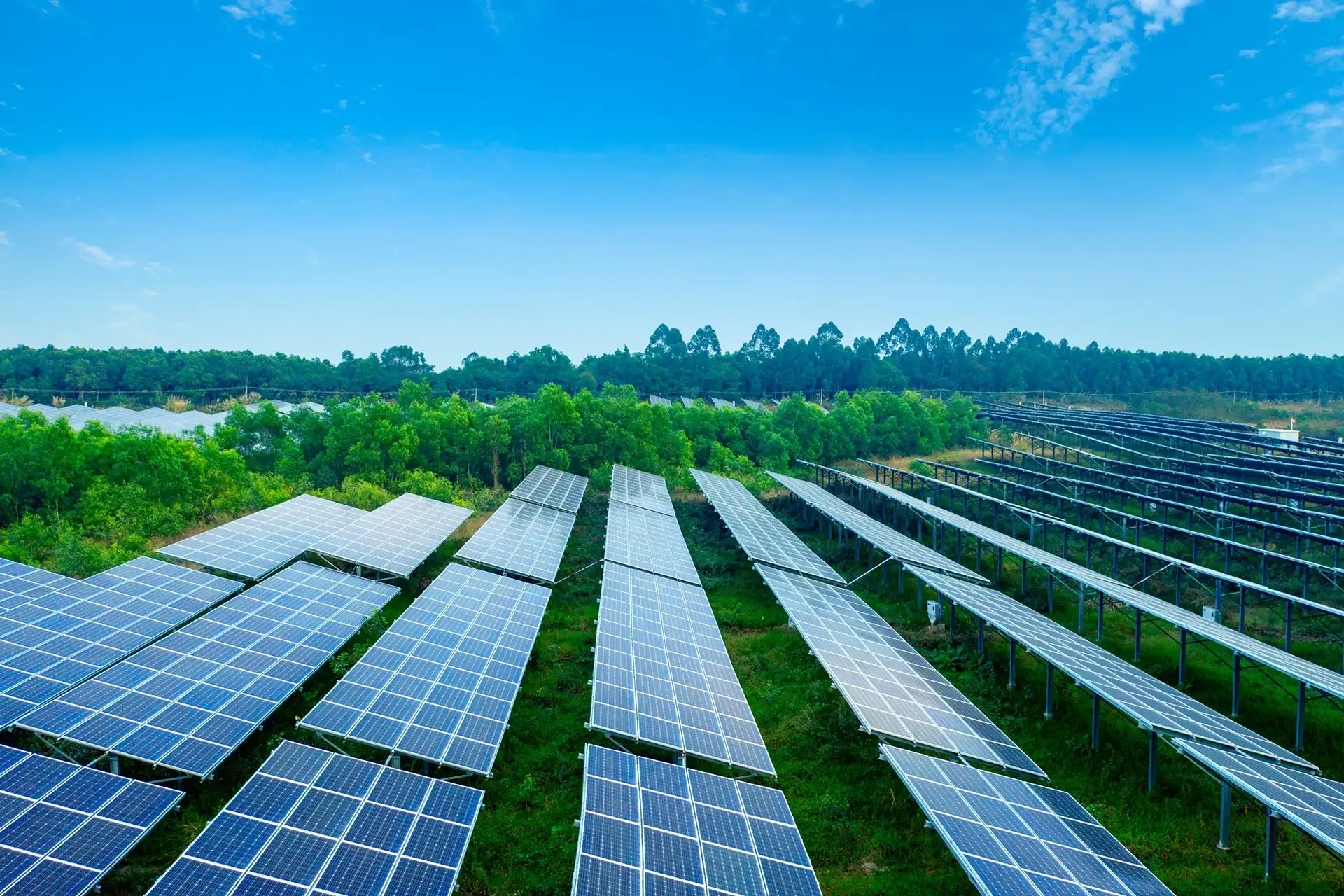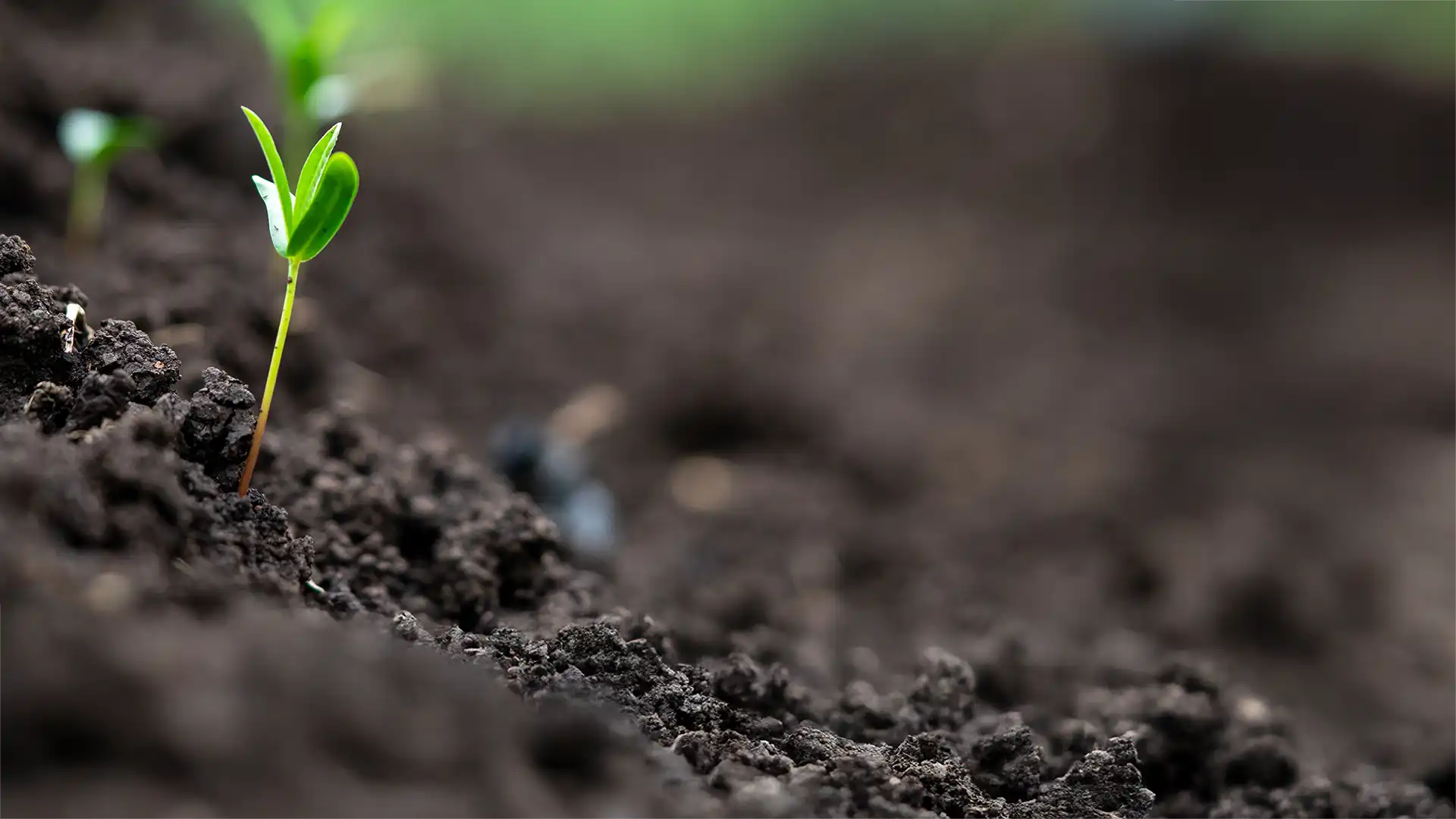Decarbonisation is a strategic priority for Selenis and a core part of how we enable more sustainable specialty polyester solutions. As we expand our manufacturing footprint, we are embedding carbon efficiency and emissions reduction into every stage of growth.
The transition to a lower-carbon economy is reshaping the polymer industry. For us, accelerating decarbonisation means taking a holistic approach - addressing emissions across operations, materials, logistics, and product design, while continuing to deliver the performance, safety, and reliability our customers expect.
Our decarbonisation strategy focuses on practical, scalable actions that reduce greenhouse gas emissions today and over the long term. It is built around a set of complementary levers applied across our operations and value chain.
Decarbonisation is embedded in our decision-making, investment priorities, and innovation roadmap. It supports responsible growth, strengthens resilience, and enables our customers to advance their own sustainability and climate objectives.
Selenis is committed to transforming our operations for a lower-carbon future through clear, measurable intensity-based targets, using 2024 as the base year.

These targets have been formally approved at group level and are publicly disclosed as part of our sustainability commitments.
These levers underpin our intensity-based targets and guide decarbonisation action across our operations and value chain.
Together, these levers enable continuous reductions in emissions intensity while supporting business growth
Progress against our GHG reduction targets is monitored annually through greenhouse gas inventories and internal monitoring processes, covering Scope 1, Scope 2, and material Scope 3 categories. Oversight is embedded at senior management and Board level, supporting transparency, accountability, and continuous improvement over time.
As part of Selenis’ ongoing commitment to sustainability and transparency, we have made significant advancements in our Life Cycle Assessment (LCA) methodology. These improvements strengthen the accuracy and reliability of our environmental impact assessments, supporting our efforts to reduce carbon emissions, improve resource efficiency, and align with recognised sustainability standards.

We upgraded to the latest version of our LCA software, incorporating updated emission factors and impact assessment methodologies. These changes reflect recent scientific developments, including revised emission values for fossil-based materials, ensuring our assessments are aligned with the most up-to-date data.
Selenis now applies an enhanced Environmental Footprint methodology, enabling a more robust and consistent evaluation of environmental impacts across our operations.
We carried out a comprehensive review of assumptions, data inputs, outputs and emission factors to improve the overall accuracy and consistency of our environmental calculations.
Material input data has been refined to a higher level of detail, including auxiliary materials and differentiated waste streams. This allows for a more comprehensive and representative assessment of our environmental footprint.
Selenis provides product-specific LCA reports that give customers clear, reliable insight into the environmental footprint of their polymer solutions. These reports support informed material and design choices, help customers demonstrate sustainability performance, and facilitate alignment with regulatory and customer requirements.
By offering transparent, high-quality environmental data, we enable our customers to advance their sustainability strategies, compare alternatives, and reduce the carbon footprint of their product. Continuous investment in LCA capabilities strengthens our role as a trusted partner in sustainable and circular polymer solutions.

All Selenis facilities operate under a robust environmental management system aligned with the ISO 14001:2015 standard. Our environmental principles and commitments are defined in our Integrated Management Systems Policy, which guides how we identify, manage and reduce environmental impacts across our operations.
In line with these commitments, all Selenis plants are externally certified to ISO 14001:2015, with clear procedures and controls in place to ensure consistent implementation, regulatory compliance and ongoing performance monitoring.
As outlined in our Integrated Management Systems Policy, our strategy focuses on producing high-quality products through the efficient use of resources, strong pollution prevention measures and the careful management of environmental impacts. We remain fully committed to meeting all applicable environmental requirements and to continually improving our environmental performance as part of our responsible growth approach.